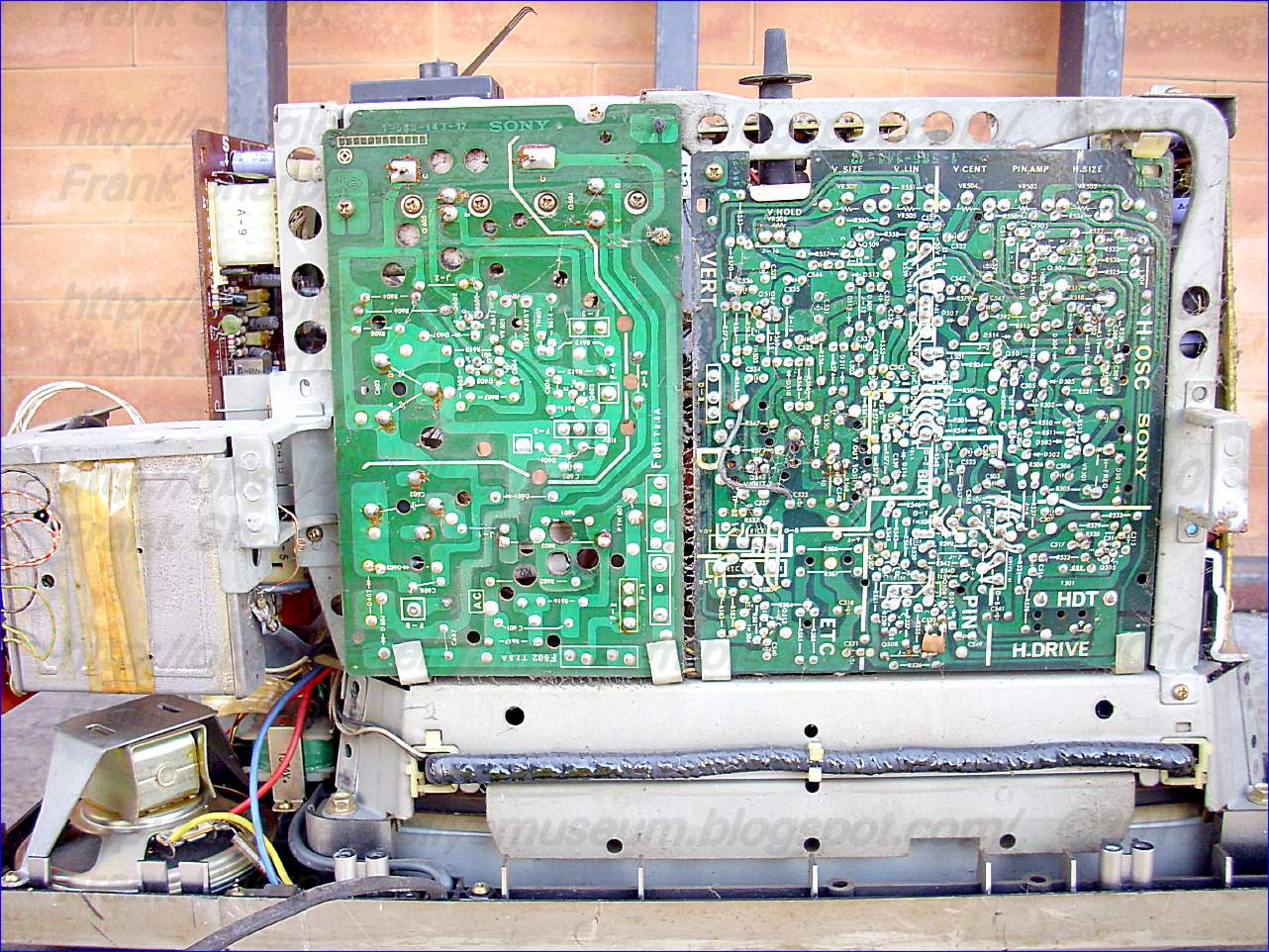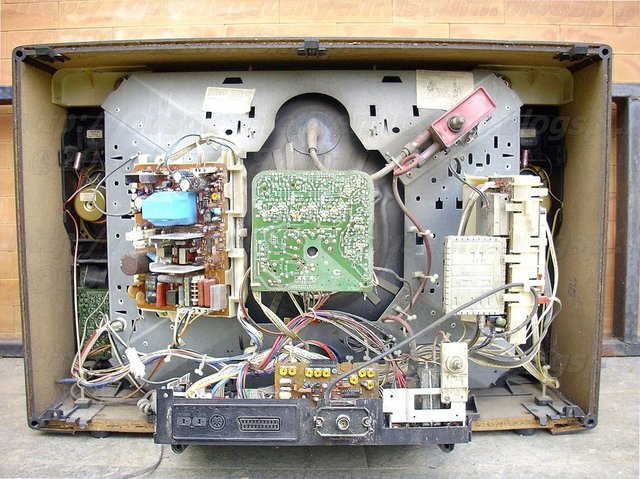The circulation of monetary value gets progressively integrated in computers and networks while cash is substituted by cards (1)
The circulation of monetary value gets progressively integrated in computers and networks while
cash is substituted by cards, software-based media of transaction and mobile payments.
The cause of the ongoing obsolescence of cash is the proliferation of digital payment
instruments and the development of electronic networks and interfaces for the circulation
of monetary value. The competition from electronic payments confined the use of cash only
to a fraction of the total value of monetary transactions.

According to the European Central
Bank the total of non-cash payments increased by 6% only in 2013 reaching to 100 billion
(ECB 2014, 1). At the same time the Central Bank of Denmark has announced plans to stop
printing banknotes and minting coins by the end of 2016, a further indication of the
phasing-out of cash. The recon
figuration of the monetary system away from cash and towards electronic media is
technologically as well culturally and economically determined. The first set of causes that
support the phasing-out of cash are related to the overall efficiency of the payment system;
technological developments expand the horizon of what is possible increasing the scope,
the speed, and the safety of monetary transactions and at the same time as they are reducing the costs.

The second set of causes are socially and culturally determined; the expansion of a
cultureof “real virtuality” (Castells 2010, 358). The pervasiveness of new media and
electronicnetworks dictate that money needs to be informational in order to be
compatible with the rest of the institutions of the network society. Finally, the commercial
banks have been consistently pursuing the substitution of cash, in order to reduce their
operating costs, to increase their floating possibilities along with their ability to create
money through lending, to cement their dominance in the payments industry and to
extent their control over the monetary system. Central Banks and intergovernmental
authorities, including the Bank of International Settlements (BIS) and the European
Central Bank (ECB) that are responsible for the oversight of the payment systems have
encouraged the collusion of commercial banks in the effort to build the necessary
infrastructure for the substitution of currency in banking and retail payments (Evans 1999).
The main obstacle that prevents the complete abolition of conventional currency, is the
inefficiency of electronic payments in small-denomination retail payment where cash
remains dominant. Furthermore, the privacy concerns that grew in the aftermath of the
NSA affair, have increased the awareness and the demand of consumers for more privacy in their economic transactions.